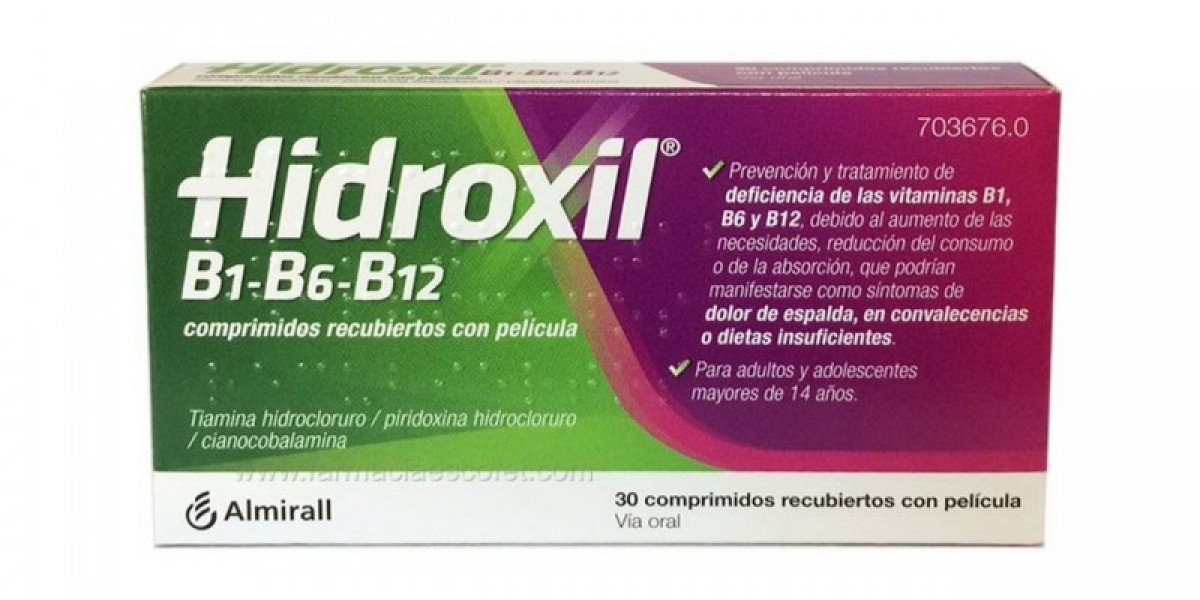ISO 9001 certification has become a benchmark of quality management and operational excellence for businesses worldwide. From small startups to globally established enterprises, achieving this certification immediately boosts credibility, streamlines processes, and enhances customer satisfaction. But one question often asked by business owners is, "What are the ISO 9001 certification costs?"
Understanding the cost of certification can help you make informed decisions, budget wisely, and measure the value it adds to your organization. Without mentioning specific pricing, this article will help you understand the factors impacting the cost, how businesses justify certification expenses, and how to maximize its value.
What Is ISO 9001 Certification?
ISO 9001 certification cost is an internationally recognized standard for quality management systems (QMS). Published by the International Organization for Standardization (ISO), it outlines the requirements businesses must meet to ensure they consistently provide products and services that meet customer and regulatory expectations.
Certification involves auditing your organization’s processes to ensure compliance with the standard. Obtaining the certification demonstrates a commitment to quality, continual improvement, and customer satisfaction.
You may already know the benefits, but you’re likely here to unpack how the costs break down—and we’ll get right into it.
What Impacts ISO 9001 Certification Costs?
The cost of ISO 9001 certification varies depending on your organization’s unique needs. While specific pricing is not static, several factors directly influence the cost structure. Here’s a breakdown:
1. Company Size and Complexity
The size of your business—including the number of employees and locations—plays a significant role. For example:
- A large multinational company will require a more extensive audit compared to a small local business.
- Complex operations, such as those involving multiple production units, supply chains, or departments, take longer to audit, increasing overall costs.
Larger businesses may need multi-site certifications, which can also impact costs.
2. Industry Type
Some industries come with higher compliance requirements than others. If your company operates in highly regulated sectors like healthcare, manufacturing, or aerospace, additional measures (such as detailed risk assessments) may raise costs.
3. Readiness for Certification
Organizations already following quality management principles are closer to meeting ISO 9001 requirements, reducing the time and cost needed for preparation. On the other hand, companies that need to overhaul existing systems or develop new processes may face increased costs for planning and consultancy services before certification.
4. Consultancy Needs
For businesses unfamiliar with ISO standards, hiring a consultant can streamline the certification process. Consultants help identify gaps during preparation, improve documentation, offer training, and ensure compliance. While hiring experts is highly beneficial, it is an added expense.
5. Audit Duration
The duration of audits is based on factors such as organization size, operations complexity, and employee count. Increased time spent auditing will naturally affect the cost.
6. Certification Body
Choosing an accredited certification body is essential. While some organizations offer cheaper services, they may lack the credibility to add value to your certification. Accredited certification bodies follow stringent guidelines, but their professionalism often comes at a premium.
7. Maintenance and Recertification
ISO 9001 certification cost in UAE isn’t a one-time deal. Maintaining compliance requires regular internal audits, surveillance audits by the certification body, and recertifications every three years. These ongoing requirements contribute to long-term costs.
Specific Consideration for the Keyword "ISO 9001 Certification Cost"
When businesses hear “ISO 9001 certification cost,” they often think solely about the upfront investment. However, to understand the true value, it’s essential to shift focus to cost-effectiveness rather than just cost.
The perceived high certification cost is not an expense, but a strategic move that often pays for itself over time. By implementing ISO 9001, businesses typically experience improved efficiency, reduced errors, better customer retention rates, and even greater market access. These benefits far outweigh the upfront financial commitment.
Why Should Businesses Invest in ISO 9001 Certification?
While certifications appear as a short-term investment, the long-term gains validate the cost several times over.
Tangible Benefits
- Improved Operational Efficiency
ISO 9001 ensures systematic processes, reducing waste, errors, and inefficiencies. Simplified workflows save time and increase output.
- Enhanced Credibility and Customer Trust
ISO 9001 is recognized globally as a quality benchmark. Holding this certification assures customers and stakeholders of your commitment to excellence, leading to better partnerships and increased sales.
Intangible Benefits
- Employee Satisfaction and Productivity
Having structured workflows makes employees' work more seamless, increasing satisfaction and productivity.
- Competitive Edge
ISO 9001 often becomes a deciding factor for customers or bids, especially in industries demanding tight quality controls. Certification opens doors to new markets and contracts your business might not have accessed otherwise.
Steps to Minimize ISO 9001 Certification Costs
Understanding cost-saving tips is crucial as businesses plan their certification pathway.
- Conduct an Internal Gap Analysis
Before hiring consultants, identify areas where your processes fail to meet ISO 9001 standards. This reduces consultation costs.
- Invest in Employee Training
Train your internal team to handle ISO requirements to reduce dependency on costly external experts.
- Choose the Right Certification Body
Not all certification providers are equal. Choose an accredited body that offers competitive rates while upholding credibility.
- Go Digital
Leveraging cloud-based QMS tools to track processes ensures timely compliance and reduces costs associated with manual monitoring.
ISO 9001 Certification Success Stories
Hearing from businesses that have benefited from ISO 9001 reinforces its worth. Take Company XYZ as an example—this mid-sized logistics firm was initially apprehensive about certification costs but went ahead. Within 18 months of certification, they had:
- Reduced waste by 20%
- Improved customer retention by 30%
Want to see such success for yourself? ISO 9001 could be your ticket to similar results.
Specific Consideration for the Keyword "ISO 9001 Certification Cost" (Second Context)
Many businesses hesitate when they see "ISO 9001 certification cost" during initial searches. However, it's important to assess it as a value-centric investment. Instead of viewing it as another item of expenditure, realize that ISO 9001 impacts areas cutting across operations, marketing, and customer satisfaction—all of which directly add to profitability. The question should shift from "How much will it cost us?" to "What’s the value it will bring?"
Remember, the certification is not only a compliance requirement; it's a strategic tool offering limitless benefits.
Make ISO 9001 Certification the Foundation for Your Growth
ISO 9001 certification cost goes beyond meeting compliance benchmarks—it's a pathway to unlocking efficiency, credibility, and sustainable growth. While costs can vary, every dollar spent aligns you closer with industry-leading practices and improved profitability.
If you're ready to pursue certification and take the next step toward operational excellence, explore training and consultation programs that can guide you through the ISO 9001 certification process. Investing now sets you apart as a leader tomorrow.








